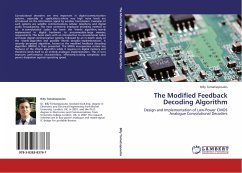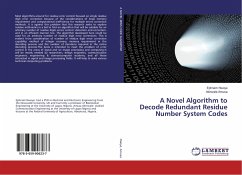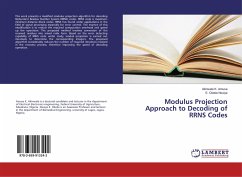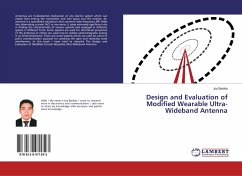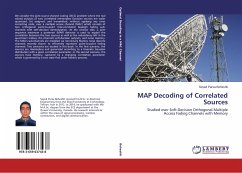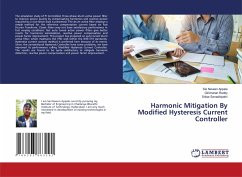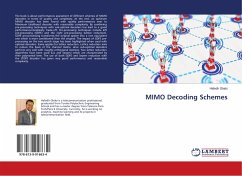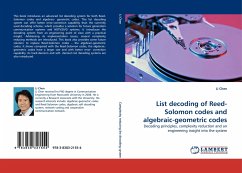Convolutional decoders are very important in digital communication systems, especially in applications where very high noise levels are introduced on the information signal by wireless transmission. Examples of such systems are satellite communications, cellular telephony and digital audio broadcasting. The most commonly employed decoding method so far in convolutional codes has been the Viterbi algorithm, mainly implemented in digital hardware to accommodate large memory requirements. This book starts with an introduction to convolutional codes and basic digital communication systems, followed by an in depth study of the Viterbi algorithm and possible Viterbi decoder implementations. A recently proposed algorithm, known as the modified feedback decoding algorithm (MFDA), is then presented. The MFDA incorporates certain key features of the Viterbi algorithm while it requires no digital memory and therefore lends itself to an entirely analogue implementation. This in turn improvesperformance characteristics, effectively trading complexity and power dissipation against operating speed.
Bitte wählen Sie Ihr Anliegen aus.
Rechnungen
Retourenschein anfordern
Bestellstatus
Storno

